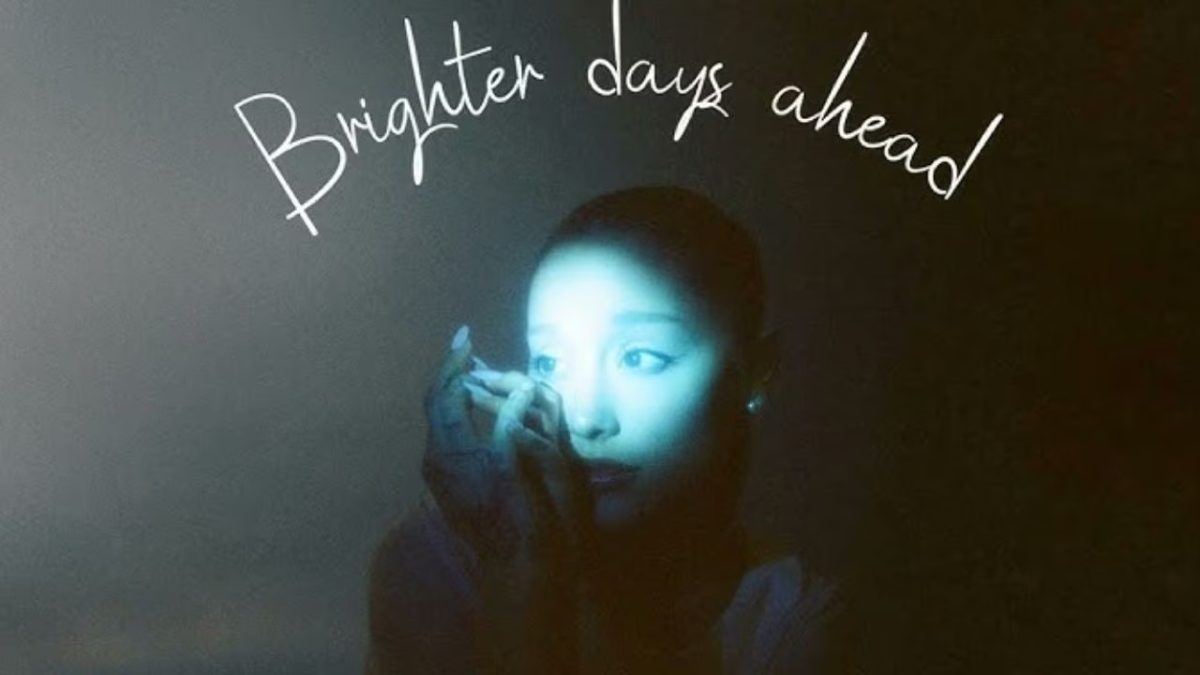Importance of the arts
May 15, 2015
I firmly believe arts need to be given more credit for their importance to people.
Arts reduce stress for students even though there’s still pressure. Yes, more stress is added, but it’s something the student enjoys, making them get a break throughout the day.
Personally, I’ve always admired any artistic ability. I love to write and hope to be a writer some day, but the lack of support from my family does take a toll on me.
My family is the type to say that art is just a hobby. It isn’t a professional career according to them. It doesn’t make enough money to live off of, or so they say.
I’m highly aware how tough it is, but it’s tough to get any job nowadays and will only continue to grow more difficult. When I go visit family and they ask me what I want to be, they laugh when I tell them.
I’m constantly being shut down by being told it’s pointless and has no benefits or that it’s just a hobby. If it weren’t for the arts, I wouldn’t be me. I wouldn’t even be happy, because the arts are what pulled me out of my toughest times.
Some people go for a walk to relieve stress, I write. People are different, and I’m not saying that every person needs to take part in the arts, but the serious lack of appreciation is shameful.
Society strives to create well-rounded students, but some people don’t understand that the fine arts has been part of a well-rounded curriculum for ages.
The arts are often underappreciated when it comes to education; whether it’s music, theater, drawing, sculpting, dancing, painting, etc. Today, being well-rounded usually means participating in a sport and having good grades.
Also, due to budget cuts many members of the school board are forced to choose between academic classes and art programs, thus cutting down the amount of art programs. For example, when the school board spoke of creating a new art school in Concord it got shut down. One member had even said said the arts were not “vital to our society”.
Many teachers on our campus have made a living through means of the arts, including the drama teacher, Mr. Connor.
“Education in the arts is an integral part of the development of each human being,” Connor said. “Sufficient data exists to overwhelmingly support the belief that study and participation in the fine arts is a key component in improving learning throughout all academic areas. I believe that we need to create more opportunities for students to be introduced to the arts.”
Another thing often overlooked, are teachers’ benefits from the arts. Teachers who emphasize arts education tend to be happier and have more satisfaction and interest with their jobs.
Besides missing out on great opportunities to be more creative, it is proven that if students don’t have access to these programs they can have more difficulty in a typical educational class, such as math. Dropout rates increase, and more disciplinary problems arise.
Schools with the least access to art programs also have the highest dropout rates. The opposite of this statement is also true.
“If I didn’t have two periods of choir in the middle of my day, I don’t know how I’d get through it,” junior Victoria DelMonte said.
A student often looks forward to school just for an art class. Students who participate in many art programs are more likely to come to class, avoid being removed and graduate. They also show higher proficiency in math and communication.
In 2002 the Arts Education Partnership did a study that showed students exposed to drama, music, and dance are often more advanced at reading, writing, and math. Students more exposed to these subjects tend to better on standardized tests, improve their social skills, and more motivated than students with less opportunities for arts.
Art has so much strength to connect with people, but it is often overlooked. Art has the power to inspire, motivate, and educate all people around the world.
While some people think the arts are just hobbies, there are many careers available in the arts: a teacher of an artistic subject, a choreographer, a musician, a singer, an actor, a writer, a sculptor, and artists of all sorts.
“I’m a senior right now, so obviously I’m thinking of what i want to do with my life,” senio Kellianne Sayre said. “I love working on my art, especially my paintings, and I want to find a way to tie my artisticness into whatever career path I choose, even if that means I’m not the next amazing painter.”
In 2006 the Solomon R. Guggenheim Museum did a study by sending some students to an art program. The study shows there is a link between arts education and improved literacy skills.The students learned valuable critical thinking skills while discussing art, which they could later apply to understanding and analyzing literary pieces.
Ellen Winner and Lois Hetland created an arts education program at Harvard, but did not see a connection between improvement in math, science, and reading in their students, but they also claimed it shouldn’t matter. Although their program didn’t relate to other academic skills improving, but their study did show that arts education had larger benefits such as improving visual analysis skills, learn from mistakes, be creative, and make better critical judgments.
People devote their lives to the arts. People can be successful in the arts.
In no way am I saying the arts are more important than academics, but it has a vital role in our society that is sometimes overlooked. Going to Monte Vista where there are multiple art programs with teachers who are truly passionate, we’re really lucky.











